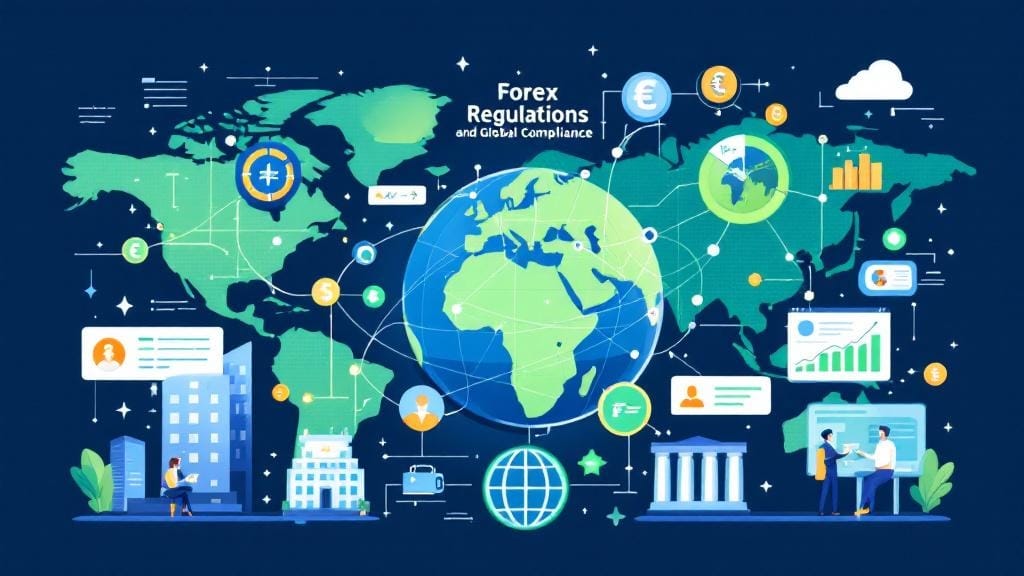When you’re buried in overwhelming debt, bankruptcy might feel like the only way out. But before you take that drastic step, it’s essential to explore all your alternatives to bankruptcy. You may be surprised to learn how many non-bankruptcy debt solutions exist that can help you regain control without facing the long-term consequences of a bankruptcy filing.
In this guide, we’ll walk you through practical, proven options for avoiding bankruptcy, including debt relief alternatives, credit counseling services, debt settlement, and more. Whether you’re dealing with credit card debt, personal loans, or even a mortgage crisis, there are ways to reset your finances—without going bankrupt.
✅ Why Look for Alternatives to Bankruptcy?
Bankruptcy, while legal and sometimes necessary, carries serious long-term impacts:
-
It stays on your credit report for 7 to 10 years.
-
It significantly reduces your credit score.
-
You may lose assets or be forced into a strict repayment plan.
-
It can affect future employment, housing, or loan eligibility.
That’s why exploring bankruptcy alternatives for individuals makes financial sense. Many financial hardship solutions can provide similar relief with less damage.
🔍 Top Alternatives to Bankruptcy
Here are some powerful, realistic alternatives you should consider before filing for bankruptcy:
1. Credit Counseling Services
Credit counseling is often the first step in getting professional financial help. Non-profit organizations offer consumer credit counseling to evaluate your finances and suggest personalized solutions.
How it works:
-
A certified counselor reviews your income, expenses, and debts.
-
They help create a budget and offer guidance on repayment.
-
If needed, they may recommend a debt management program.
Best For:
-
People who are struggling but still have some income to repay debts.
2. Debt Management Programs (DMPs)
If you qualify, a debt management program consolidates your unsecured debts into one monthly payment—no new loan required.
Benefits:
-
Lower interest rates through creditor negotiation.
-
One affordable monthly payment.
-
Complete payoff typically in 3–5 years.
-
No negative impact on credit like bankruptcy.
Real-Life Example:
Jane, a teacher with $18,000 in credit card debt, joined a non-profit DMP. Her interest rates dropped from 24% to 7%, saving her $6,000 and helping her pay off the debt in under 4 years.
3. Debt Consolidation Loan
A debt consolidation vs bankruptcy decision can often come down to this:
Would you rather file bankruptcy or take out a new loan to pay off all your debts?
With a consolidation loan, you combine multiple debts into one, ideally at a lower interest rate.
Pros:
-
Simpler payments
-
Potential for lower monthly bills
-
May improve your credit over time
Cons:
-
You need decent credit to qualify.
-
You risk falling deeper into debt if you don’t stop using credit cards.
Tip:
Use online calculators or speak to a financial advisor before applying.
4. Debt Settlement Instead of Bankruptcy
Debt settlement is when you (or a third party) negotiate with creditors to accept less than the full amount owed.
When it’s a good fit:
-
You’re behind on payments.
-
Creditors are open to negotiation.
-
You can pay a lump sum or set up a short-term payment plan.
Watch Out:
-
Credit score will take a hit temporarily.
-
There may be tax consequences on forgiven debt.
-
Be cautious of for-profit companies that charge large fees upfront.
5. Financial Restructuring or Repayment Plans
If your income is steady but insufficient to meet current payments, restructuring might be your answer.
Common strategies:
-
Refinancing loans for better terms.
-
Creating custom repayment plans with lenders.
-
Deferring payments temporarily during hardship.
This approach works best if you communicate early and honestly with your creditors.
6. Chapter 13 Alternatives
If you’ve considered Chapter 13 bankruptcy (where you repay a portion of debt over time), there are alternatives worth exploring:
-
Hardship-based loan modifications
-
Extended payment plans offered by creditors
-
Debt relief programs through nonprofits
These options allow you to avoid court involvement while still committing to repay your debt on a structured schedule.
7. Foreclosure Prevention Options
If your mortgage is at risk, bankruptcy isn’t your only defense. Try:
-
Loan forbearance (temporary pause in payments)
-
Loan modification
-
HUD housing counseling
-
Government-backed relief programs
These solutions are often faster, easier, and more credit-friendly than bankruptcy.
8. Budget Overhaul and DIY Debt Repayment
Sometimes the best strategy is going back to the basics:
-
Cut discretionary spending.
-
Use the debt snowball or debt avalanche method.
-
Take on side gigs to boost income.
With discipline, these strategies can help you dig out of debt without outside help.
✅ When Bankruptcy Might Still Be the Best Option
Despite these powerful alternatives, bankruptcy is still the right move for some situations:
-
You’re facing lawsuits, wage garnishments, or eviction.
-
Your income is too low to repay even reduced debt.
-
You’ve tried all other options without success.
In such cases, consult a licensed bankruptcy attorney to weigh your legal debt relief options.
📌 Real-Life Signs You Need Help Now
If you’re wondering whether to seek alternatives to bankruptcy, ask yourself:
-
Are you using credit cards to cover basics like food or utilities?
-
Are collectors calling daily?
-
Are you falling behind on minimum payments?
-
Is your total debt more than 40% of your annual income?
If you answered yes to more than one, it’s time to get help—before bankruptcy becomes your only choice.
🙋♂️ Frequently Asked Questions (FAQs)
1. What are the best alternatives to bankruptcy for credit card debt?
Credit counseling, debt management programs, and debt consolidation loans are often the most effective and affordable non-bankruptcy debt solutions for credit card debt.
2. Can I negotiate with creditors directly instead of filing bankruptcy?
Yes! You can often arrange a repayment plan, reduced interest rate, or even a settlement by contacting creditors directly, especially if you’re already behind.
3. What is the difference between debt consolidation and bankruptcy?
Debt consolidation involves combining multiple debts into a single payment, often through a new loan. Bankruptcy, on the other hand, is a legal process to discharge or reorganize debt and has a more severe impact on your credit.
4. Are there free credit counseling services available?
Yes, many non-profit agencies offer free or low-cost consumer credit counseling, such as those accredited by the National Foundation for Credit Counseling (NFCC).
5. Will debt settlement hurt my credit score more than bankruptcy?
It depends on your current credit status. Both can hurt your score, but bankruptcy stays longer on your credit report (up to 10 years), whereas debt settlement may allow faster recovery.
6. How can I avoid foreclosure without filing bankruptcy?
Try options like loan modification, forbearance, refinancing, or working with a HUD-approved housing counselor to explore foreclosure prevention options.
7. What if I can’t afford any repayment at all?
If your income is too low and your debts are unmanageable, bankruptcy may be the most realistic path. Still, it’s worth speaking to a credit counselor or attorney to confirm.
💬 Final Thoughts: Don’t Rush Into Bankruptcy—Explore Every Option First
Bankruptcy can feel like a relief—but it comes at a price. Thankfully, there are numerous alternatives to bankruptcy that can help you rebuild your finances without damaging your future.
From debt settlement instead of bankruptcy to credit repair strategies and non-profit counseling, there’s likely a solution that fits your unique financial situation.
The key? Take action early. The sooner you act, the more options you’ll have.








Comments (0)